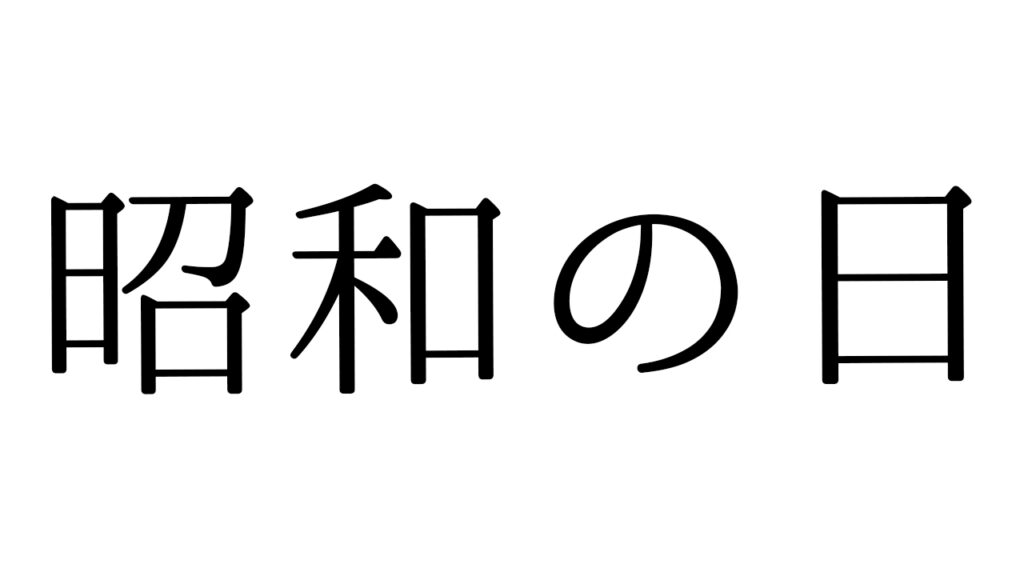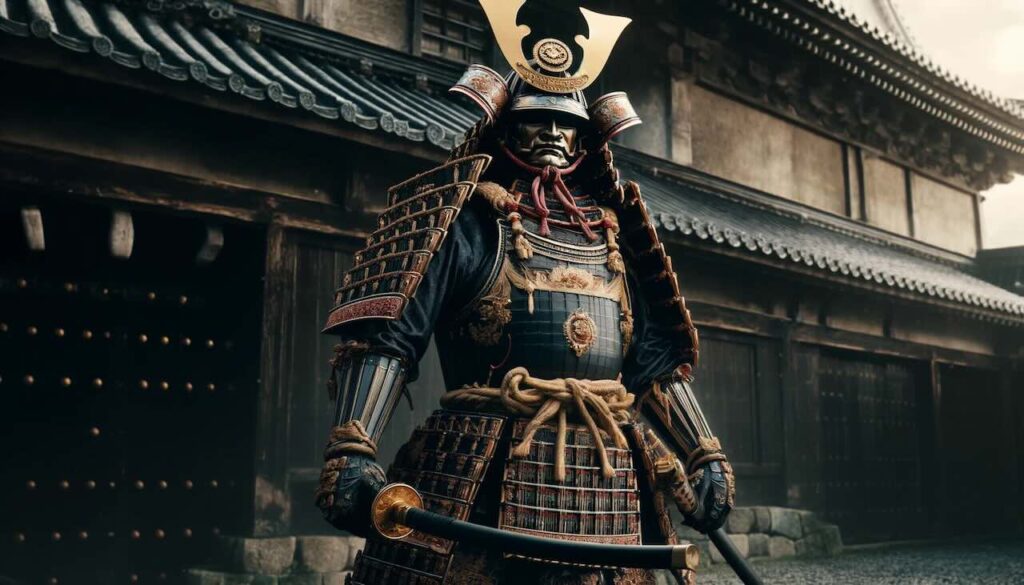Each year on April 29th, Japan observes Showa Day (昭和の日), a national holiday that marks the beginning of the country’s Golden Week. But while many enjoy the spring break, few outside Japan fully understand the historical and cultural significance of this uniquely Japanese holiday. Showa Day offers a window into Japan’s complex 20th-century history, reflecting not only on an emperor’s legacy but also on national resilience, recovery, and the value of peace.
What Is Showa Day?
Showa Day commemorates the birthday of Emperor Showa (Hirohito), who was born on April 29, 1901, and reigned from 1926 to 1989. The name “Showa” translates roughly as “Bright Peace” or “Enlightened Harmony”. As part of Japan’s modern national holiday system, Showa Day is intended not to glorify imperial power, but rather to encourage reflection on the sweeping events of the Showa era.
Unlike European monarchies, Japan’s Emperor functions as a symbolic head of state, especially under Japan’s postwar constitution. Thus, Showa Day focuses on the historical period itself rather than on imperial authority.
The Long and Complex Showa Era (1926–1989)
The Showa period was one of the most transformative—and turbulent—in Japanese history:
| Period | Key Characteristics |
|---|---|
| Early Showa (1926–1945) | Military expansion, World War II, Pacific conflict, eventual defeat. |
| Postwar Showa (1945–1989) | American occupation, pacifist constitution, economic miracle, global reintegration. |
While the early Showa years were marked by imperial militarism and devastating conflict, the postwar decades saw Japan rebuild into one of the world’s leading economic powers, embracing peace, democracy, and international cooperation.
From Emperor’s Birthday to Greenery Day
The Original Holiday
- During Emperor Showa’s lifetime, April 29th was celebrated as his official birthday.
- After his death in 1989 and the start of the Heisei era under Emperor Akihito, there was debate over how to handle the date.
Greenery Day (1989–2006)
- To maintain a national holiday while avoiding direct imperial connotations, April 29th was renamed “Greenery Day” (みどりの日).
- This name honored Emperor Showa’s personal love of nature and his lifelong interest in marine biology.
- The holiday also aligned with Japan’s growing environmental awareness in the late 20th century.
The Transition to Showa Day
In 2005, Japan’s National Holidays Law was revised, and from 2007 onward, April 29th officially became Showa Day once again.
The reasoning behind the change:
- Provide an occasion to reflect on the entirety of the Showa era—its hardships, recoveries, and lessons.
- Acknowledge the significance of this period without glorifying militarism.
- Allow space for both historical reflection and personal memories for the generations who lived through Showa Japan.
Greenery Day was not eliminated but simply moved to May 4th, preserving its environmental theme within Golden Week.
Public Perception of Showa Day
Showa Day carries multiple layers of meaning for Japanese citizens:
- For older generations, it is a time to remember both the war and postwar recovery.
- For younger generations, it’s often simply part of the Golden Week vacation.
- For educators and historians, it serves as a moment to teach the complex lessons of the 20th century.
- For many, it’s a gentle reminder of the importance of peace, humility, and the fragility of prosperity.
Notably, public discussions around Showa Day carefully avoid politicized debates over Emperor Showa’s wartime role, instead focusing on broader national experience.
Showa Day in Modern Japan’s Holiday Calendar
- April 29: Showa Day
- May 3: Constitution Memorial Day
- May 4: Greenery Day
- May 5: Children’s Day
These holidays form Japan’s Golden Week, one of the country’s most anticipated vacation periods.
Summary
Showa Day stands as a uniquely Japanese reflection on a long, complicated chapter in the nation’s history. Rather than simply celebrating imperial birthdays or ignoring the past, it invites thoughtful remembrance of a century marked by tragedy, recovery, resilience, and growth.
For foreign visitors, Showa Day offers insight into how Japan honors its past—not with glorification or denial, but with reflection and quiet respect for the lessons of peace and perseverance.


